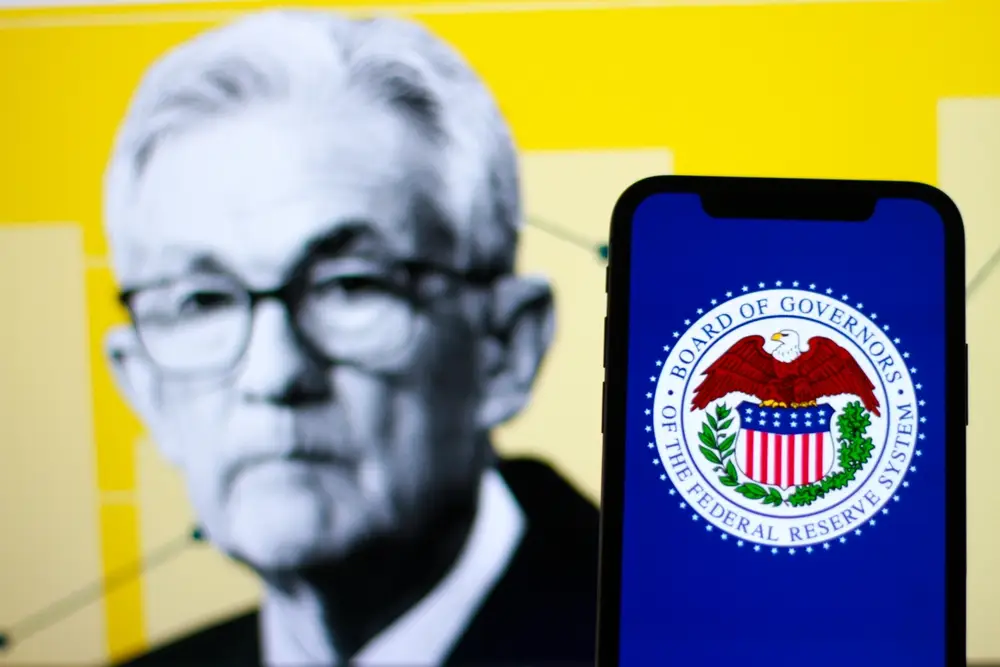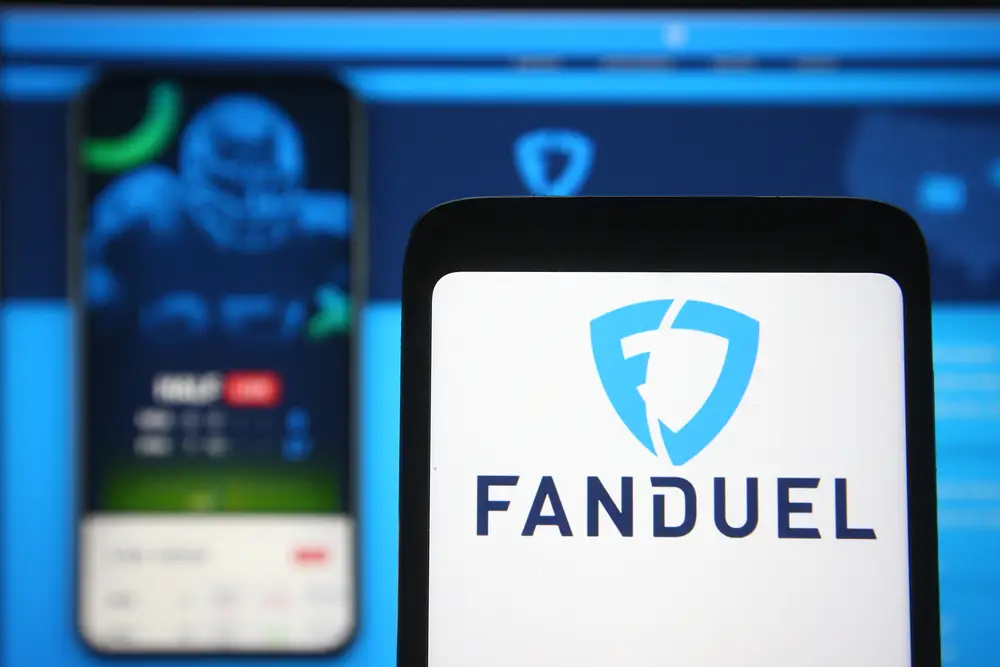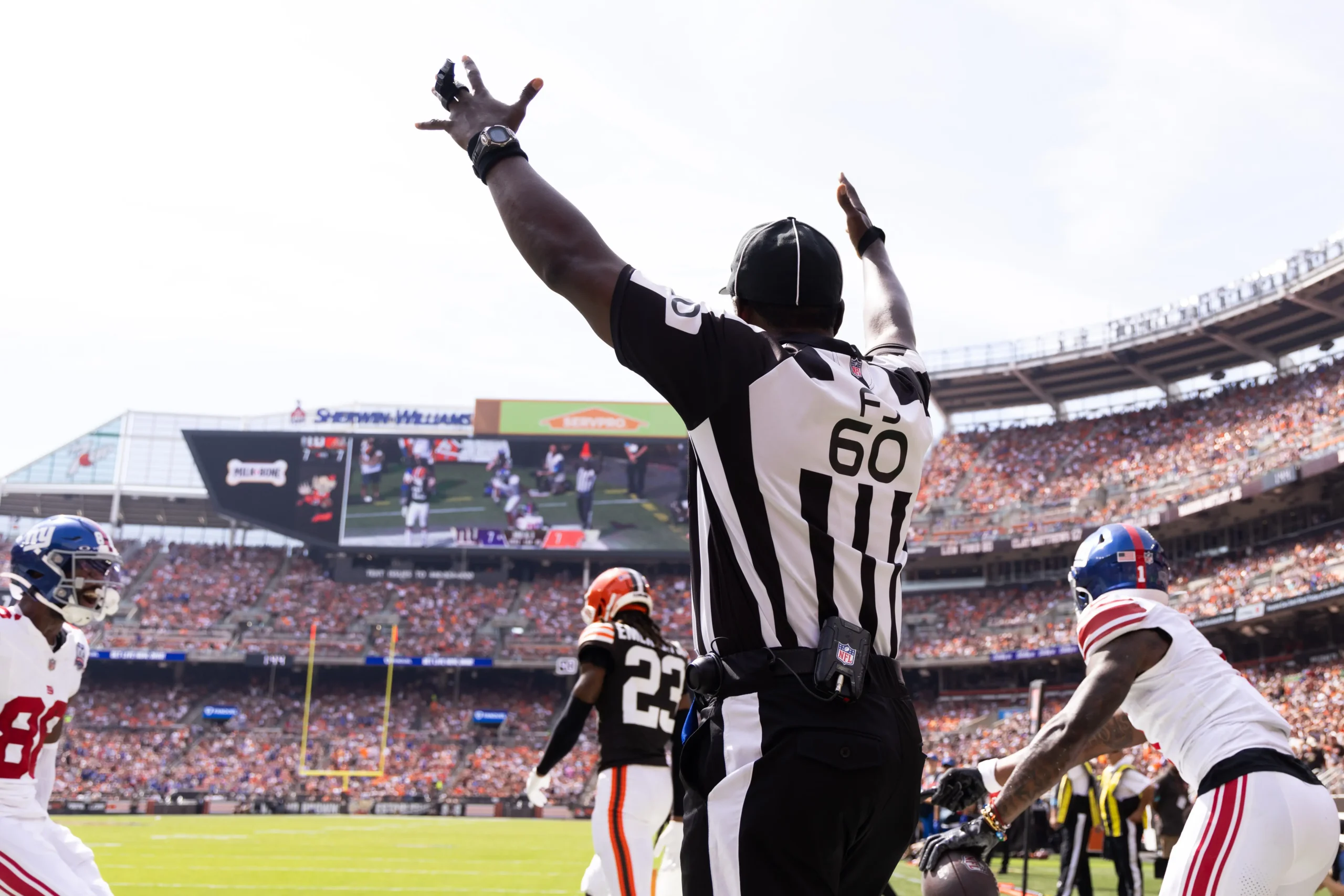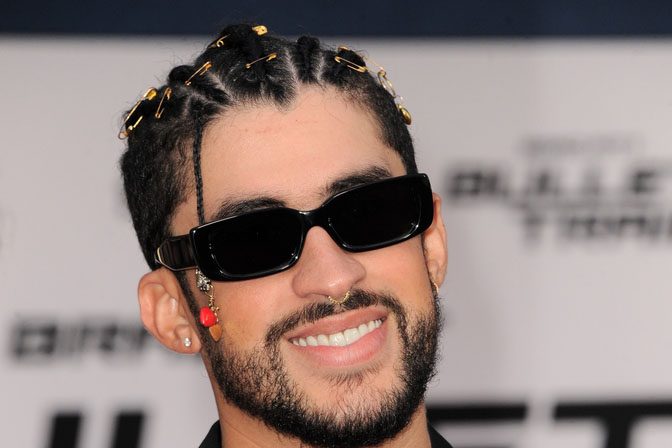
Bad Bunny is one of the biggest artists in the world — yet his latest world tour skips the United States entirely.
The lone exception? The Super Bowl halftime show.
Here’s why the U.S. is off the map, and why the Super Bowl is different.
ICE Concerns

- Bad Bunny says he avoided U.S. shows due to fear of ICE raids at his concerts.
- Worry: Latino fans could be targeted around venues.
- It’s a political statement as much as a safety decision.
Not About Hating the U.S.
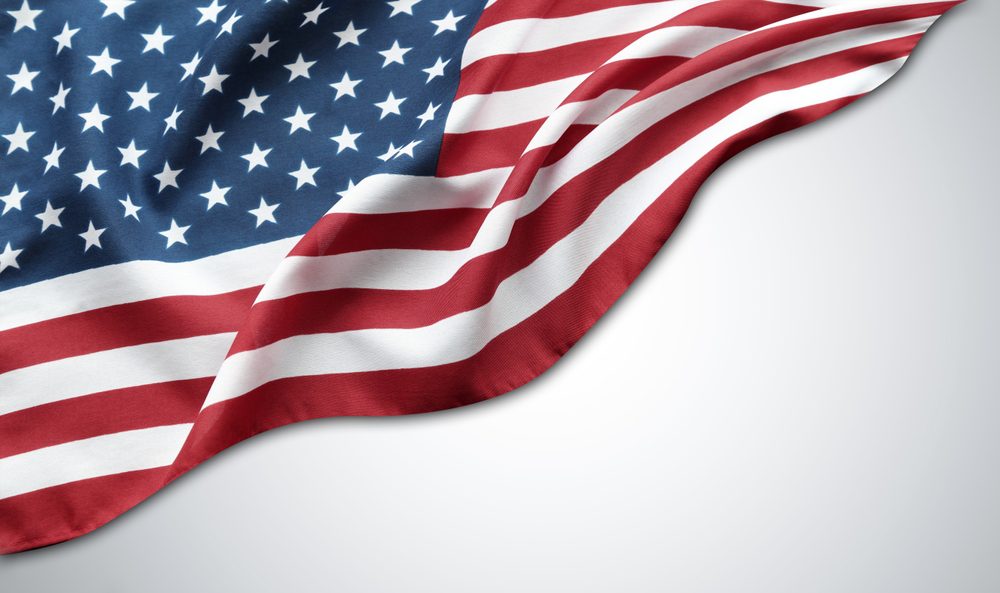
- He’s played here many times before, from arenas to festivals.
- Emphasized he still wants to connect with U.S.-based Latino fans.
- Decision framed as protective, not rejection.
Puerto Rico Focus
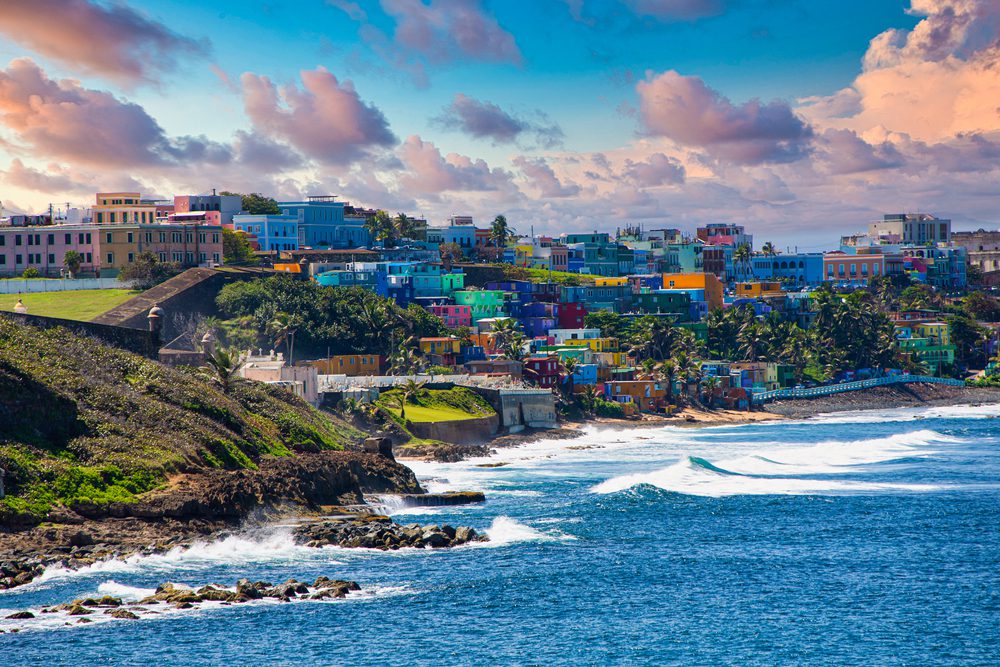
- Launching a residency in Puerto Rico with 30+ dates.
- Home turf offers more control and less enforcement risk.
- Keeps him tied to the U.S. market without mainland shows.
Why the Super Bowl Is Different

- Massive global platform, not a standard concert.
- Security is NFL- and Secret Service-level — ICE fears less likely.
- Symbolic stage to showcase Latin music to a worldwide audience.
The Inconsistency Problem

- Fans point out the contradiction: skipping U.S. tours but saying yes to the Super Bowl.
- Critics argue it undercuts his ICE message.
- Bunny’s camp says the safety calculus is different.
Business Tradeoff

- Touring the U.S. is hugely lucrative — but he’s walking away from it.
- Global streaming and Puerto Rico residency fill that revenue gap.
- Super Bowl performance brings prestige, not profit.
Cultural Positioning
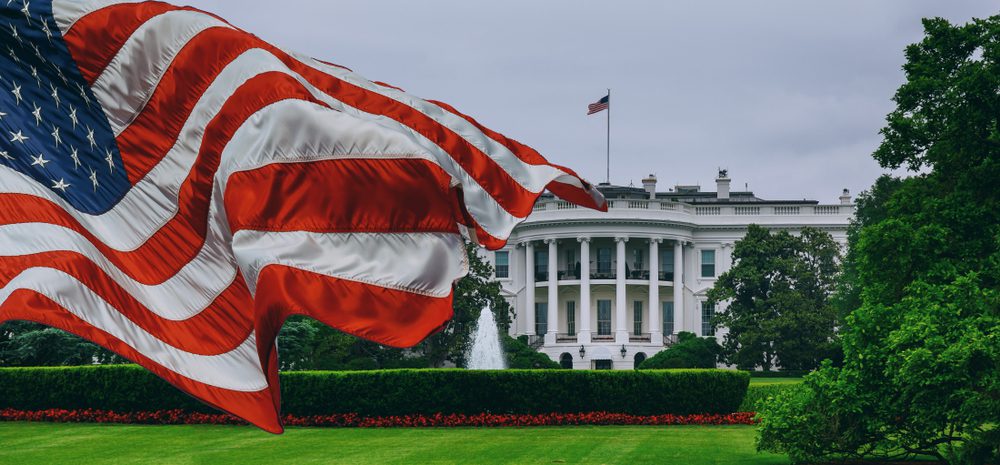
- Bunny is using his choices as political statements.
- He’s centering immigrant safety and Latino identity.
- The Super Bowl is about visibility — a cultural stake in the ground.
Fan Impact

- Hardcore U.S. fans feel shut out of his tour.
- Puerto Rico shows and global streams are the fallback.
- The Super Bowl offers a one-off moment, not a tour fix.
Bottom Line
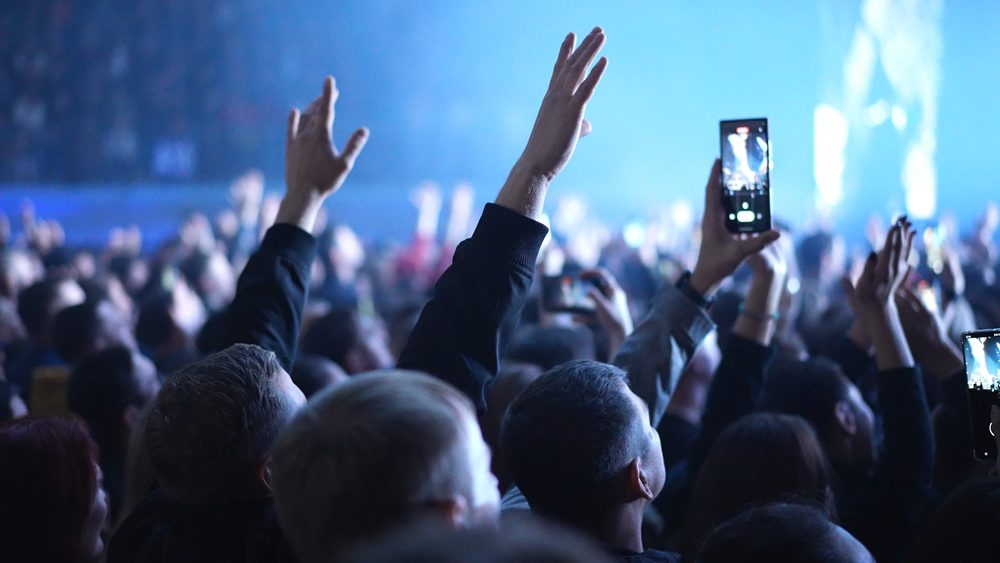
Bad Bunny is skipping U.S. shows to protect fans and make a point about immigration politics. The Super Bowl is the exception — too big, too safe, too symbolic to pass up. Our call: expect him to keep avoiding U.S. tours until the political climate shifts.











